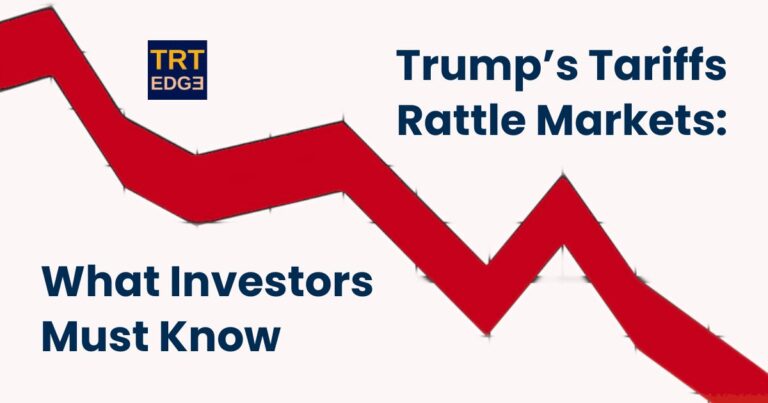Investors PANIC as WeWork Share Price Crashes 44%!

The tumultuous journey of WeWork, once a symbol of modern entrepreneurial ambition and innovation, has been nothing short of a rollercoaster ride in recent years. From soaring valuations to a failed IPO attempt, the company’s latest blow came with a staggering 44% crash in its share price, from closing price of USD2.28 on 31 October 2023 to opening price of USD1.28 on 01 November 2023, causing panic among investors and triggering a fresh wave of concern within the financial markets.
Who is WeWork?
WeWork’s trajectory has been a fascinating yet tumultuous story, often characterized by dramatic highs and devastating lows. Founded in 2010 by Adam Neumann and Miguel McKelvey, the company rapidly ascended, fueled by the promise of providing flexible shared workspaces for a burgeoning gig economy. At its peak, WeWork was valued at an astronomical $47 billion and was heralded as the future of office space, attracting investments from notable backers like SoftBank.
However, cracks in the company’s foundation began to show as it approached its much-anticipated initial public offering in 2019. Revelations about Neumann’s management style, the company’s corporate governance, and a hefty valuation that raised eyebrows among analysts and investors dented confidence. The IPO was eventually withdrawn, marking the start of a downward spiral for the company’s public image and investor trust.
What Happened to WeWork Share Price?
The recent 44% crash in WeWork’s share price is yet another chapter in this ongoing saga, signaling the deep-seated concerns and volatility surrounding the company. This significant drop has not only rattled current investors but has also raised serious questions among potential stakeholders and market observers about the viability and future prospects of WeWork.
The reasons behind this plunge are multifaceted. The continued challenges in filling its coworking spaces due to the shift in remote work trends post-pandemic have been a considerable obstacle for the company. Additionally, doubts persist about the sustainability of its business model, especially with the ongoing uncertainties surrounding the hybrid work environment and the persistent threat of the pandemic.
Moreover, the leadership changes within the company have contributed to the instability. After Neumann’s controversial departure, WeWork appointed Sandeep Mathrani as the new CEO to lead the company through turbulent times. While attempts to restructure and streamline the business have been made, the challenges seem to persist, leading to this recent drastic decline in share value.

The fallout from this steep drop in share price is significant. It not only affects the company’s market valuation but also dents investor confidence in the broader real estate and shared workspace sector. The future for WeWork appears increasingly uncertain, prompting both investors and industry insiders to reevaluate their positions and expectations regarding the company’s revival and sustained success.
As WeWork navigates through this storm, the road to recovery remains uncertain. The company faces an uphill battle to regain trust, redefine its business strategies, and adapt to the evolving demands of the workspace landscape.
Conclusion
In conclusion, the recent 44% crash in WeWork’s share price is a stark reminder of the volatility and unpredictability inherent in the world of investments. It serves as a cautionary tale, underscoring the importance of due diligence, adaptable business models, and resilient leadership in a rapidly changing market landscape. The fate of WeWork hangs in the balance, leaving investors and industry analysts closely watching its next moves, hoping for a turnaround but preparing for further turbulence.

If you would like to know more about Investing with Options, and how you can trade-to-learn it, or if you would like to express interest in a strategy workshop, contact us.







